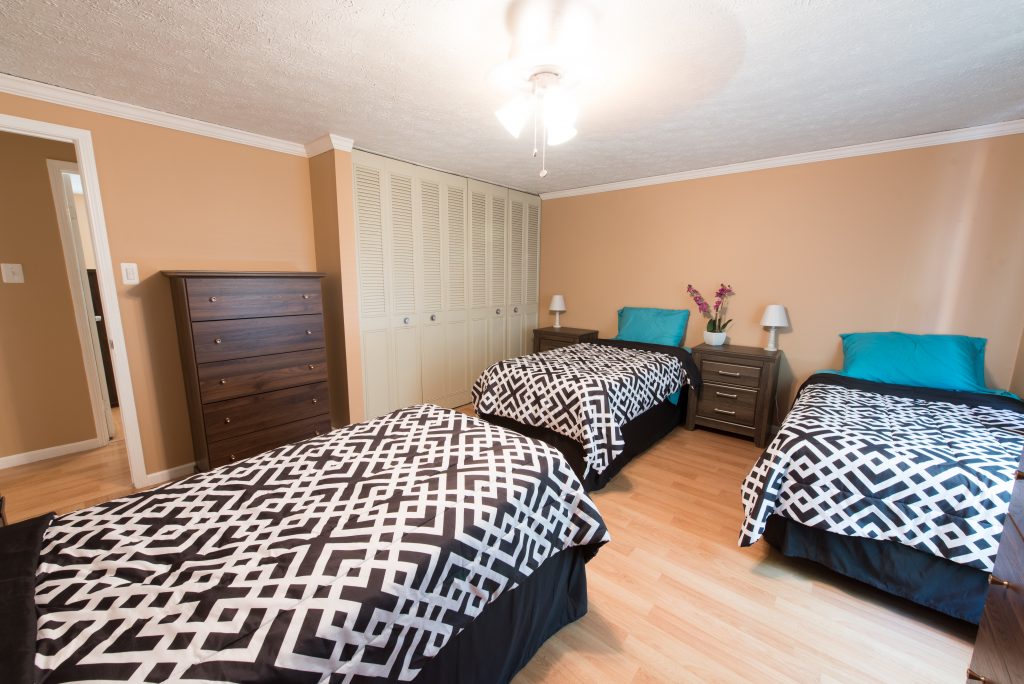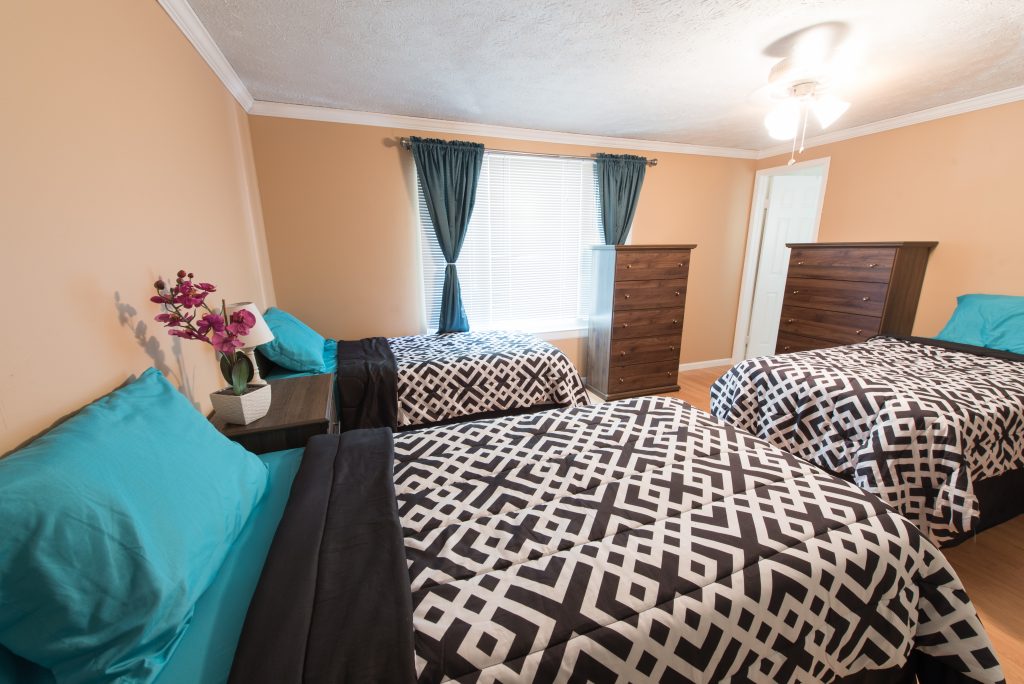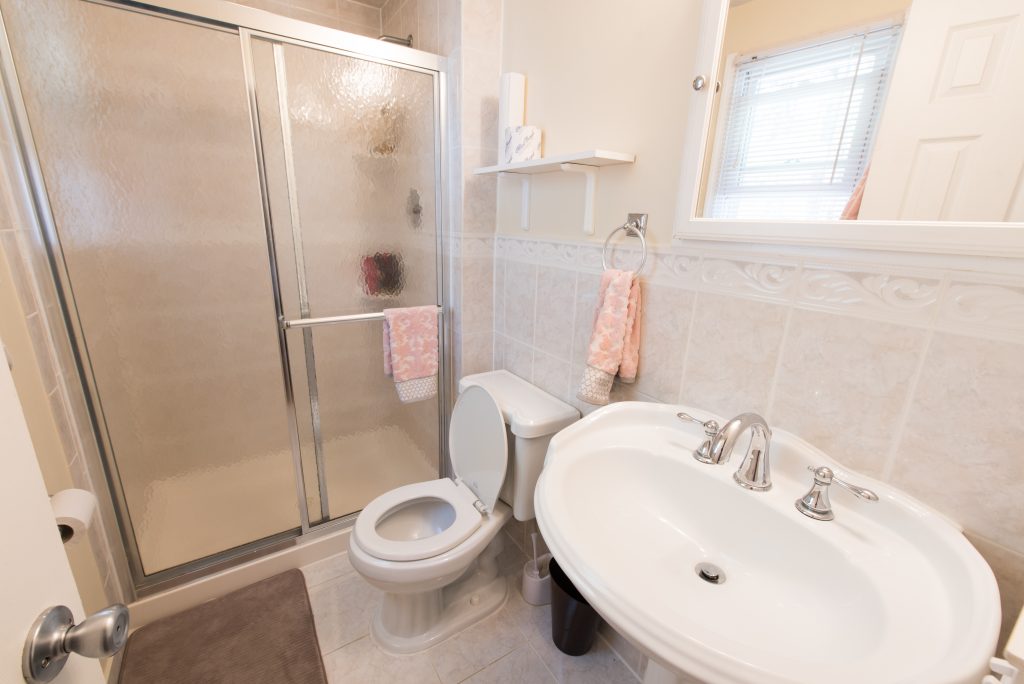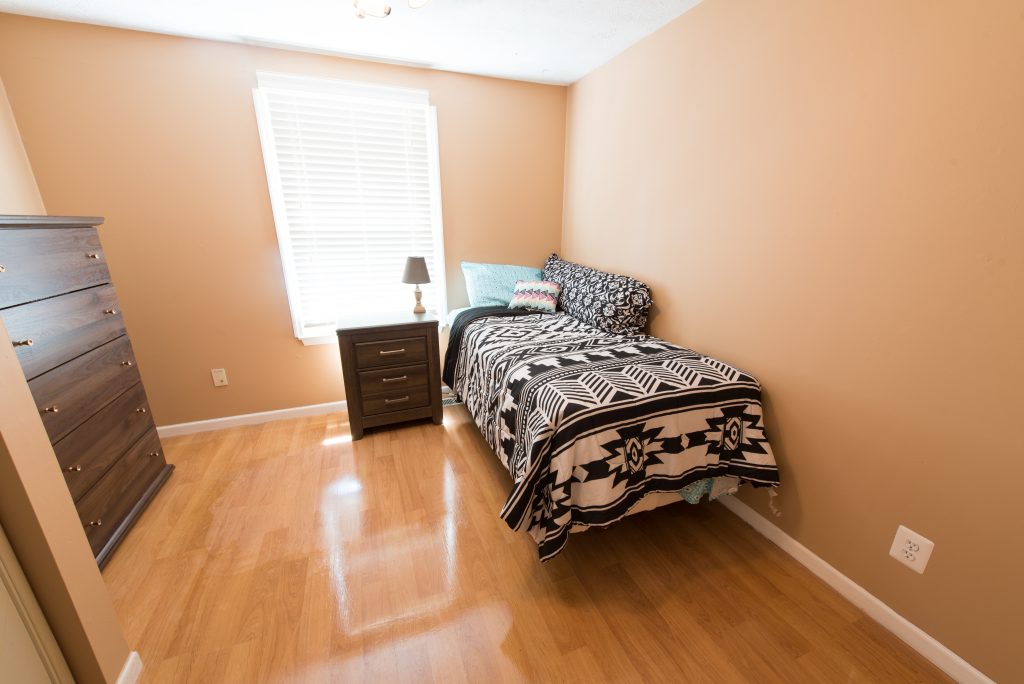The Role of Sober Living Homes in Recovery
Sober Living Homes and Recovery Residences
The Primary Purpose of Sober Living
The primary role of sober living homes is to help recovering alcoholics and addicts stay sober. Sober living homes are an essential part of recovery. These homes offer support and accountability. Residents are usually housed with like-minded people in recovery so that they can provide motivation. Roommates can also provide meaningful relationships beneficial to a person’s mental health. Recovering from addiction can be challenging, but sober living homes help by giving residents a place to work and go to school.
Sober Living Homes offer a supportive, drug-free environment for recovering addicts. Although these homes are not for everyone, the environment can be helpful as the addict works through the rehabilitation process and eventually achieves drug-free independence. These types of houses are available in all major cities and accept various payment methods. These facilities typically charge a monthly fee from $175 to $450, but some also accept credit cards.
Private businesses or religious organizations can own sober Living Homes, but the majority are privately run to encourage individuals to invest in their recovery. There are many benefits to sober living. Each offers a different experience and operating model, including a resident manager. Some work on a social model and enforce several rules for residents. To ensure the program’s success, residents must meet the criteria for acceptance and be responsible for their actions.
Sober Living Homes are often located in residential communities, so residents are required to live in a sober-friendly neighborhood. The homes are usually close to public transportation, convenient for many people. Some sober living homes have their amenities and are located near public transportation. The community’s atmosphere is essential to achieving sobriety. Sober living homes are also very comfortable for families and singles. These houses are perfect for those struggling with addiction.
Some sober living homes have strict rules regarding what can and cannot be done in the neighborhood. For example, some facilities only allow their residents to spend five nights in the home per week, while others will enable them to spend one night in a sober living home. It is crucial to find a recovery residence with clear rules, as it will ease the transition back to their own homes. If you are still unsure, you can always seek referrals or read online reviews to determine which is the best fit for your needs.
Sober Living Homes differ from residential treatment centers because they are more relaxed. They are generally supervised and require the residents to adhere to house rules. Therefore, the residents must be committed to their recovery. If a resident is unprepared or uncommitted, it may hinder their progress and prevent them from making the necessary progress. If a resident is not fully committed, they should not be in a sober living home.
Sober living homes are not a substitute for residential treatment. The residents must have completed a rehab program to be accepted. However, these houses are an excellent alternative for those looking for a new start after a long-term substance abuse problem. Sober living homes offer a safe, substance-free environment in a 12-step recovery program. While some sober living homes may be for the short-term, they are usually permanent places.
Drugs and alcohol are prohibited. Some recovery residences and sober homes have rules against particular mouthwash or other ingredients as they can provide misleading results on drug tests and breathalyzers. However, most houses and places entirely ban these items. Sober living homes can help you re-learn a healthy lifestyle and build personal responsibility. The residents in the sober home will also support you during your recovery.
What are Sober Living Homes?

Sober living homes offer a safe environment that is free of local pressures. In addition, sober living homes don’t allow drugs, alcohol, prescription, or OTC drugs. Due to these rules, residents can concentrate on their recovery and learn to manage their lives to not fall back into their old habits. Additionally, most recovery residences have strict guidelines and regulations to prevent the relapse of former residents.
Sober living homes are an essential part of recovery. They teach the residents how to lead a drug-free life. They provide a sense of community. They encourage people to be accountable and responsible. They also encourage people to view recovery as a lifelong process essential for long-term success. The primary goal of recovery is to learn how to support yourself and live independently. Sober living homes give residents the tools to achieve this.
The Ideals Behind Sober Living

While Sober living homes play an important role in recovery, they are not a cure-all. A sober living home provides a stable environment that helps residents maintain their sobriety. It also provides a safe transition from active addiction to everyday life. These homes are independent of addiction treatment centers. They can help people transition from residential rehab to outpatient treatment. They may even be the first step to getting clean.
The role of sober living homes in recovery is to ensure a healthier lifestyle while focusing on life transitions and increasing residents’ confidence in a sober lifestyle. The part that sober living homes play in recovery cannot be stressed enough. The residents of sober living homes will have the opportunity to make new friends and learn more about the world around them. They will also be able to make a healthy life for themselves.
Does Sober Living Make a Difference?

Although the primary function of sober living is to provide a safe, comfortable environment for residents, many sober living homes also offer recovery services. Of course, not everyone is provided the opportunity to live at a recovery house, and it is possible to stay clean without these resources. Still, if sober living is available, it will provide the services needed for the recovery of its residents and pave the most assertive path towards achieving long-term sobriety in the most comfortable and supportive manner possible. Moreover, it will help the most vulnerable residents. Other benefits of a sober home include sober companions, sober transport, and clinical referrals.
Recovery and Sober Living

Sober living homes may be small or luxurious. There are sober living homes all over the country. Some sober living houses cater to particular gender or type of addiction. Some of them host 12-Step meetings. Depending on the individual’s needs, sober living homes can be the perfect fit for a person in recovery. There are many benefits to sober-living homes. Most residents who are in recovery have already completed rehab.
SLHs are considered to be the best places for those who are in recovery. In many cases, these homes are highly conducive to sober living. They are very supportive of the residents. They encourage them to participate in 12-step meetings as part of their recovery plan. They also encourage them to volunteer for meetings. Some of them allow residents to engage in other activities. However, these activities must be a strategy for abstinence.
Contact Our Team Today!


